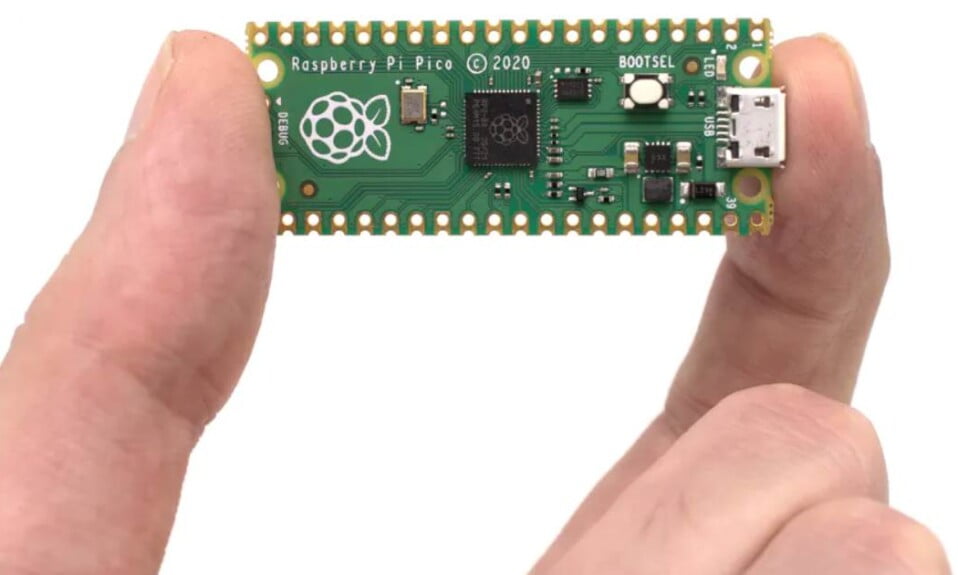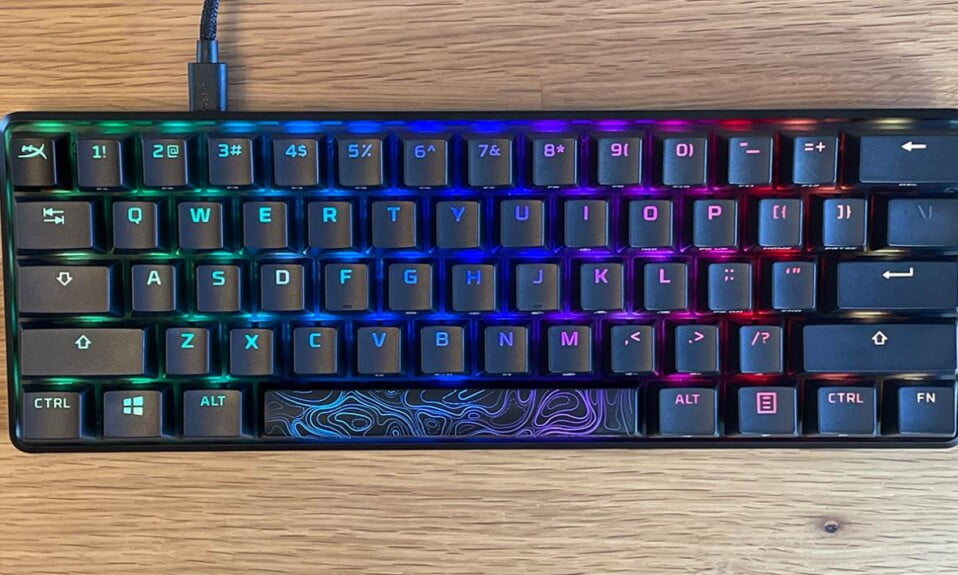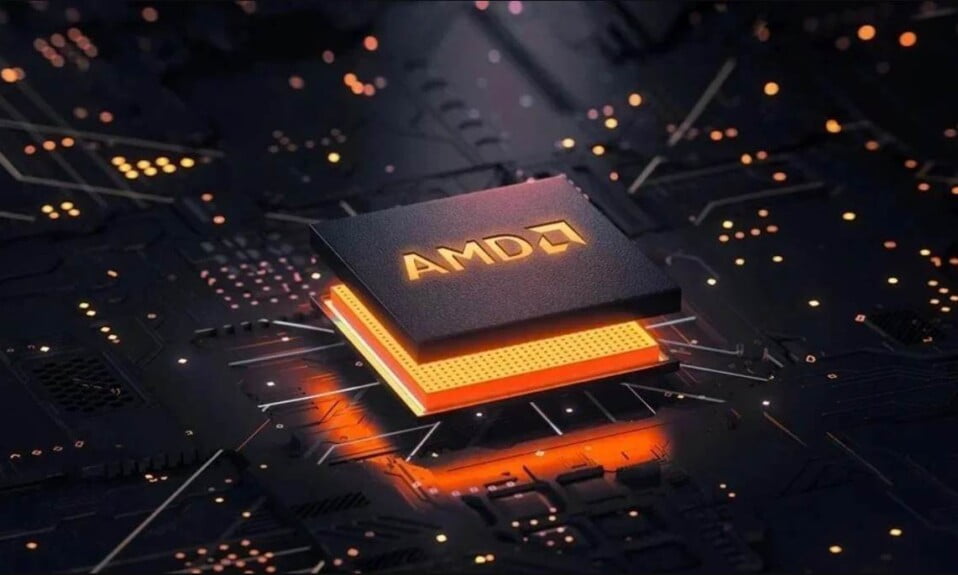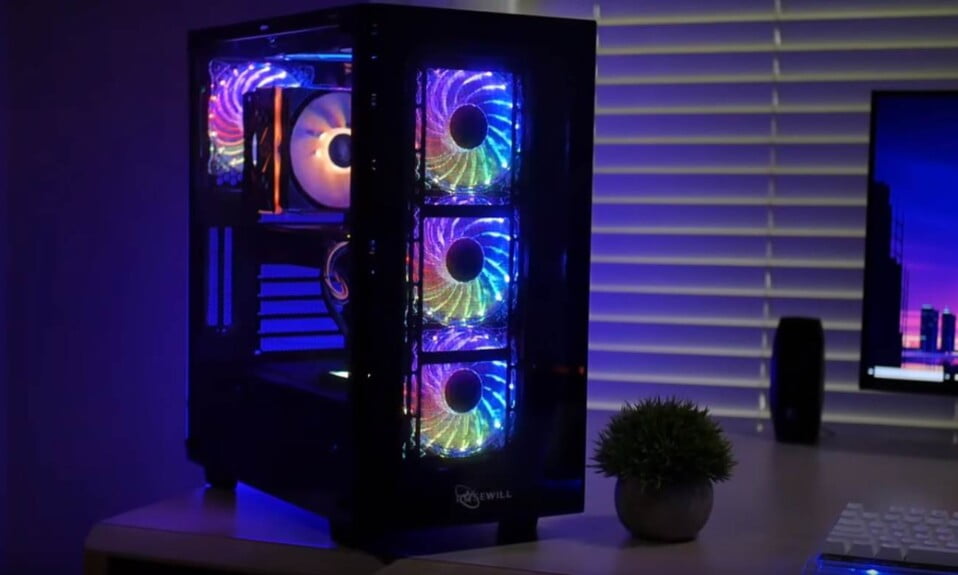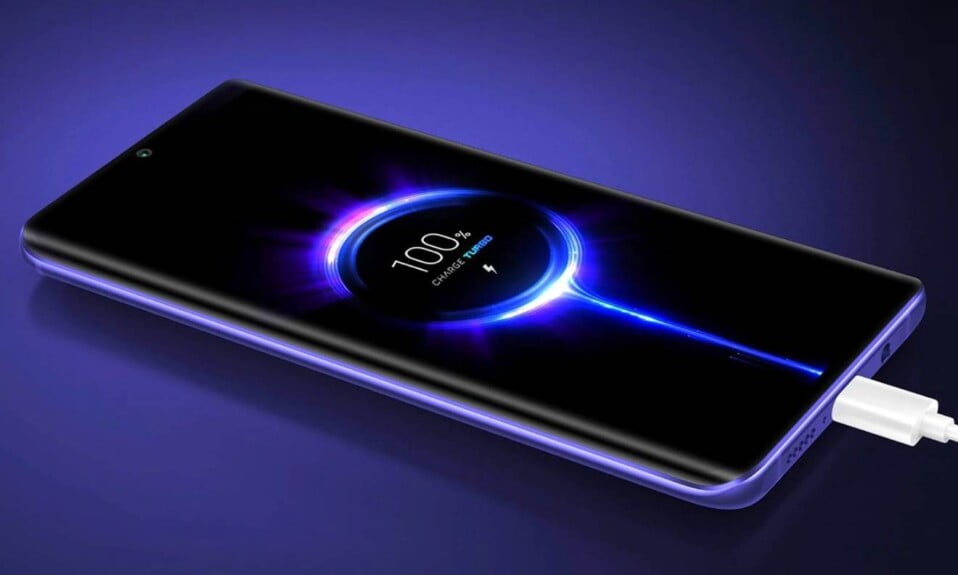The Raspberry Pi Pico’s release was a big deal. Not only was the Raspberry Pi Foundation finally breaking into the previously dominating hobby microcontroller market, but it was great doing it with its own silicon.
The RP2040 System on the Chip (SoC) is a brand-new physical computer processor that began appearing on a variety of hobby electronics boards shortly after the Raspberry Pi Pico was released.
Best Alternatives for the Raspberry Pi Pico
There’s an RP2040 board for practically any application, and this post lists 11 of the most incredible Raspberry Pi Pico substitutes.
1. Arduino Nano RP2040 Connect
The conjecture of an Arduino vs. Raspberry Pi rivalry arose as soon as the Pico was unveiled. In actuality, Arduino is just as excited as any other hobby board manufacturer about the RP2040 and was one of the first to announce a dedicated development board for it.
The Arduino Nano RP2040 Connect has a specialized ESP32 chip for connectivity (a powerful chip for DIY IoT in and of itself), as well as onboard sound and motion sensors, giving it a lot more capabilities than the Pi Pico.
Programming the Nano RP2020 Connect is similar to programming the Arduino IDE, except it’s also compatible with Adafruit’s CircuitPython library.
Buy Arduino Nano RP2040 Connect
2. Feather RP2040 by Adafruit
Adafruit mentioned many boards it wants to develop with the Pi Pico almost immediately after the specifications were released.
Would you please not scare off by the fact that the Feather RP2040 is Adafruit’s most basic RP2040 board? For a few dollars more, it includes some crucial features that the Pi Pico lacks.
For starters, it has four times the amount of SPI flash storage as the Pico. Onboard LiPo battery charging is included and a STEMMA QT connector for usage with Qwiic, STEMMA QT, or Grove I2C peripherals without soldering.
In summary, it’s simple to use right out of the box, and it’s compatible with MicroPython and CircuitPython so that you can follow a beginner’s guide to the Pi Pico.
3. Adafruit QT Py RP2040
What if you wanted the Adafruit Feather RP2040’s features but in a smaller package? The QT Py RP2040 is precisely that: a tiny development board capable of tremendous things.
The Feather RP2040 hasn’t been completely miniaturized. However, it manages to squeeze in 13 general-purpose input/output (GPIO) pins, as well as a NeoPixel RGB LED a and TEMMA QT connector. All for less than ten dollars.
This board, which is around the size of a quarter, is ideal for individuals who prefer their hobby electronics to be on the tiny side!
4. Trinkey USB Key By Adafruit
Okay, we promise this is the last Adafruit RP2040 board on the list, but we couldn’t leave it out. With the Adafruit Trinkey QT2040 and RP2040 USB Key with Stemma QT, you’ll never have to worry about locating the proper USB cable again.
It has the same features as the QT Py RP2040 but is in the shape of a robust USB key. Furthermore, the bootloader key can be used as a user button to test code or create a remote USB password machine!
5. SparkFun Pro Micro RP2040
SparkFun was almost as quick as Adafruit to release an RP2040 board, bringing RP2040 versions to their hobby development kit range. The Pro Micro is a compact form factor board with a complete 30 GPIO header pair on end and a Qwiic connector.
If you’re already familiar with SparkFun Qwiic sensors and peripherals, this is an excellent way to get started with the RP2040 chipset. Remember that Qwiic connectors work with Adafruit’s STEMMA QT breakout boards as well!
The RP2040 has also been introduced to SparkFun’s MicroMod family, making it a great addition to any MicroMod configuration.
6. RP2040 SparkFun Thing Plus
The SparkFun Thing Plus RP2040 is a larger sibling of the Pro Micro and one of the best-equipped small form factor hobby boards available. It has the same design and almost identical specifications as the Adafruit Feather RP2040, with the exception of a microSD card port.
This opens up a whole new world of possibilities for the board, especially when combined with the Qwiic connector and battery charging circuit. Anyone up for a tiny DIY digital photo frame?
Buy SparkFun Thing Plus RP2040
7. Maker Pi RP2040
While there were consistently going to be some strange RP2040 boards, the Cytron Maker Pi RP2040 delivers an astonishing amount for a very low price.
THE HIGHLIGHTS ARE dual DC motor drivers, seven Grove connections, four servo ports, built-in battery charging, and a slew of programmable LEDs and buttons.
It’s surprising that so much can be packed into such a little PCB, and anyone looking for a complete bundle to get started with the RP2020 will find this to be far easier to use as compared to the Raspberry Pi Pico.
Grove connectors work with the Grove Beginner Kit for Arduino and provide you access to the whole SeeedStudio line of solderless peripherals.
8. Pimoroni Tiny 2040
What exactly is it? Are you searching for something even more compact? The Tiny 2040, a postage-stamp-sized USB Type-C development board from Pimoroni, has you covered.
That’s also not a joke. It’s the same size as a regular UK postage stamp, but it has 12 GPIO pins, four of which are dedicated to analog-to-digital conversion (ADC) for sensors, as well as reset and boot buttons.
It’s about as little as a hobby DIY board can go, and it’s even adapted to CircuitPython, making it very simple to program; just don’t lose it!
9. Pimoroni Keybow 2040
The Pimoroni Keybow is for you if you want to program your own macro pad. This version has the same RP2040 chip as the previous one, but it also has 16 mechanical keys with RGB LEDs for all of your personalized keypad needs.
With hot-swappable Cherry MX compliant switch bays and a built-in pre-programmed CircuitPython library for building any shortcut you can think of, you can make it your own!
10. Pimoroni PicoSystem
Any new microcontroller list must have evidence of vintage gaming, and the PicoSystem is as nostalgic as they get. This RP2040-powered micro gaming system is smaller than an NES controller and can be carried on a keychain.
There’ll be a development library for making your own games, as well as some straight-out-of-the-box microcontroller gaming action, all for under $80!
11. Pico4ML by Arducam
Machine learning on microcontrollers used to seem unachievable, but now even tiny 8-bit MCUs can train and utilize neural networks. Fortunately, the RP2040 has a little more punch, and Arducam makes excellent use of it on its Pico4ML board.
It’s designed to interact with TFLite Micro, a subset of Google’s TensorFlow machine learning library aimed at operating on low-powered microcontrollers. It has a tiny camera, microphone, and screen configuration.
Voice and object recognition are already possible on the RP2040, and new examples of what can be done with machine learning on constrained hardware are being released every day.
The RP2040: The Bottomline
These are only a few of the Raspberry Pi RP2040-based boards that have been made, and there will unquestionably be many more in the future.
This powerful, low-cost microcontroller chip is well-suited to a wide range of applications, including a slew of entertaining projects for the Raspberry Pi Pico board.
Well, these were the best Alternatives for the Raspberry Pi Pico. We hope this guide helped you.
If you liked this, don’t forget to check out our gaming, troubleshooting, and computing guides.
Furthermore, if you have any questions or suggestions, please use the comment below to contact us.

